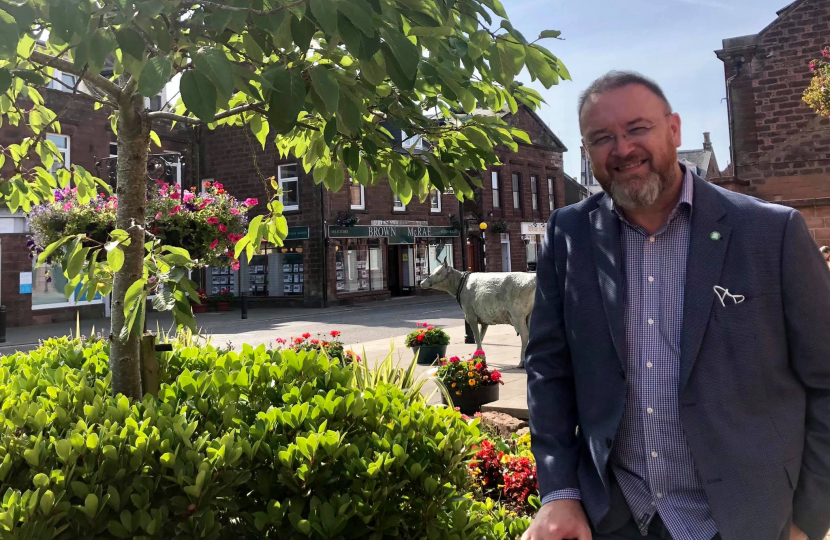
Last week, the Supreme Court ruled that matters of the constitution are reserved to the UK Parliament and so the Scottish Parliament does not have the competence to hold a referendum to break the centuries old union between Scotland and England.
This came as no surprise to most observers because, ever since devolution, the Scotland Act 1998 has been perfectly clear on this matter.
Back in 2012, the ‘Edinburgh Agreement’, did however formalise the temporary devolution of powers to the Scottish Parliament for legislation to be passed at Holyrood and for a referendum to be held.
As well as formalising an agreement to allow this through what is known as a ‘Section 30 Order’, the agreement also stated that the two Governments agreed a referendum should, among other things, “deliver a fair test and a decisive expression of the views of people in Scotland and a result that everyone will respect.”
That referendum, which many on the ‘yes’ side said would be, ‘once in a generation’, was held on 18 September 2014 – with the decisive result of 55 to 45 against independence.
Of course, ever since then, those who want to see our 300-year-old union of nations split apart, have repeatedly called for a rerun of that referendum.
In June this year, Scotland’s Senior Law Officer referred to the Supreme Court, a question on whether the Scottish Government’s proposed referendum Bill related to reserved matters or not.
Lord Advocate, Rt Hon Dorothy Bain KC, even tried to argue, on behalf of the Scottish Government, that such a referendum Bill should be allowed precisely because such a referendum would have no legal effect!
Lord Reed, President of the Supreme Court, was clear that “the proposed Bill has more than a loose or consequential connection with the reserved matters of the Union of Scotland and England and the sovereignty of the United Kingdom Parliament”, completing his statement with, “the Scottish Parliament does not have the power to legislate for a referendum on Scottish independence.”
Lord Reed also responded to an intervention from the SNP, who argued that domestic legislation ought to be interpreted in a way that was compatible with the international legal right to self-determination.
Citing a 1998 case in the Canadian Supreme Court regarding Quebec, the Court ruled that such arguments were limited to situations involving colonies or foreign occupation, “none of which applies to Scotland”
In short, Scotland is not a colony of, occupied or oppressed by a foreign state – despite cries to contrary by independence campaigners.
That is the legal and democratic truth of the matter.
But this has not – and seemingly cannot – be accepted by Nicola Sturgeon, the SNP and other separatist campaigners.
A lot has changed since 2014 – Brexit, Covid, the ongoing conflict in Ukraine and the impact that is having on energy prices – but the democratic and legal system has not.
I’m not surprised that the nationalists are as determined as ever to break up the United Kingdom – at any cost!
However, the key difference today is that there does not exist today the broad consensus for adecisive referendum to be held that existed before.
In these challenging times, the people and businesses of Banff and Buchan, and right across Scotland, need both of our governments and our politicians to work together to build up – not break up – our great country.

